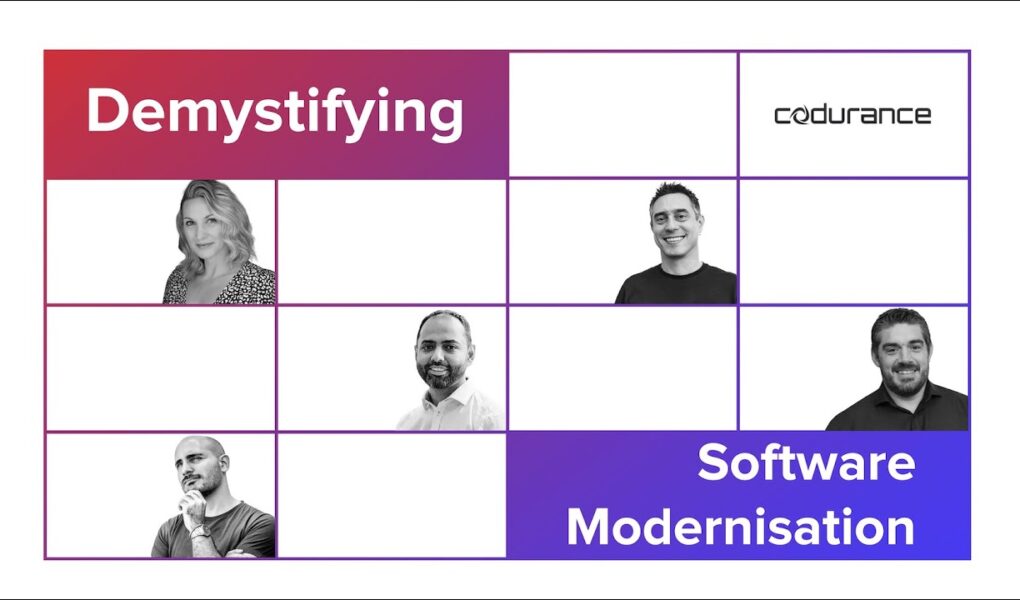Embarking on the journey of software development can be both exciting and overwhelming for beginners. In this guide, we aim to demystify the intricate world of software development, providing a comprehensive overview to equip you with the foundational knowledge needed to navigate this dynamic field.
Understanding the Basics
What is Software Development?
Software development is the process of creating, designing, testing, and maintaining computer programs and applications. It encompasses a wide array of activities, from coding and debugging to documentation and testing, all aimed at delivering functional and efficient software solutions.
Key Components of Software Development
- Coding Languages: Understanding programming languages is crucial. Popular languages include Python, Java, and JavaScript, each serving specific purposes.
- Development Tools: Familiarize yourself with tools like Integrated Development Environments (IDEs) such as Visual Studio Code, which streamline coding processes.
- Version Control Systems: Git is widely used for tracking changes in code, collaborating with teams, and managing project versions.
The Software Development Lifecycle
1. Planning and Analysis
Successful software development starts with meticulous planning and analysis. Define the project scope, requirements, and create a roadmap to guide the development process.
2. Design
During the design phase, developers outline the architecture and structure of the software. This involves creating wireframes, defining data models, and establishing the overall user experience.
3. Implementation (Coding)
Coding is the heart of software development. Developers write code based on the design specifications, ensuring it is clean, efficient, and adheres to best coding practices.
4. Testing
Thorough testing is essential to identify and fix bugs. Various testing methods, such as unit testing and integration testing, ensure the software functions seamlessly.
5. Deployment
Once the software passes testing, it is ready for deployment. Deployment involves making the software accessible to users, whether through local servers or cloud platforms.
6. Maintenance and Updates
Continuous maintenance is vital for resolving issues, implementing updates, and adapting to changing user needs. Regular updates enhance security and performance.
Read Also: The History of Mobile Phones: A Trip Down Memory Lane
Choosing the Right Development Methodology
Agile Development
Agile is a popular development methodology emphasizing flexibility and collaboration. It involves iterative cycles, allowing for quick adaptations to changing requirements.
Waterfall Development
The waterfall model follows a linear approach, progressing through distinct phases. It suits projects with well-defined requirements and minimal changes.
Essential Skills for Aspiring Developers
1. Programming Proficiency
Mastering programming languages is fundamental. Focus on the languages relevant to your project or area of interest.
2. Problem-Solving Abilities
Developers need strong analytical skills to identify and solve complex problems efficiently.
3. Collaboration and Communication
Effective communication is crucial for teamwork. Developers often collaborate on projects, and clear communication ensures a smooth workflow.
Staying Updated in a Rapidly Evolving Field
Continuous Learning
The tech industry evolves rapidly, making continuous learning essential. Stay updated on new technologies, frameworks, and industry trends.
Community Involvement
Engage with the developer community through forums, conferences, and online platforms. Networking provides valuable insights and support.
Conclusion
Embarking on a software development journey can be challenging, but with a solid understanding of the basics, methodologies, and essential skills, beginners can navigate this dynamic field successfully. Embrace the learning process, stay curious, and keep honing your skills to thrive in the world of software development.



